China raised concerns over potential security risks associated with Nvidia‘s H20 artificial intelligence chip, casting uncertainty over the U.S. company’s sales prospects in China, weeks after a U.S. export ban was reversed.
The Cyberspace Administration of China (CAC), the country’s internet regulator, expressed concern about a U.S. proposal that advanced chips sold abroad be equipped with tracking and positioning functions.
It stated that it had summoned Nvidia to a meeting on Thursday to discuss whether its H20 AI chip posed any backdoor security risks, as it was concerned that Chinese user data and privacy rights could be compromised.
Nvidia did not immediately respond to a Reuters’ request for comment.
In May, U.S. Senator Tom Cotton introduced a bill that would direct the Commerce Department to require location verification mechanisms for AI chips subject to export restrictions, to curb Chinese access to advanced U.S. semiconductor technology.
Nvidia has been in the crosshairs of U.S.-China relations, and China’s move comes shortly after the U.S. reversed an April ban on Nvidia selling the H20 chip to China this month. The company developed the H20 chip for the Chinese market after the U.S. imposed export restrictions on advanced AI chips in late 2023.
“Nvidia chips are now dispensable for China. They can be easily put on the negotiating table,” said Tilly Zhang, an analyst with Gavekal Dragonomics.
“China obviously has more courage and domestic substitution capabilities compared to previous years to not rely on overseas technology.”
This month, Nvidia CEO Jensen Huang embarked on a very public and effusive visit to China, where he sought to demonstrate his commitment to the Chinese market, met with government officials and praised the country’s AI advances.
The CAC statement did not elaborate on potential backdoor security risks or indicate what the Chinese government was considering as a result.
Strong demand
Charlie Chai, an analyst with tech- and consumer-focused 86Research, said Beijing’s warning was most likely a symbolic stance against similar objections made by U.S. authorities.
“However, we do not believe Beijing will make excessively harsh demands or introduce regulatory hurdles that will effectively drive Nvidia out of China – for the lack of alternatives, China still needs Nvidia chips for domestic research and applications,” Chai said.
Nvidia’s products are highly sought after not just by Chinese tech companies but also by Chinese military bodies, state-run AI research institutes and universities. The company last week placed an order with contract manufacturer TSMC for 300,000 H20 chipsets due to strong demand, Reuters reported.
Chinese authorities and industry associations have in the past accused U.S. tech companies of posing security risks, with varying consequences.
In early 2023, China barred key operators of the country’s infrastructure from purchasing from Micron, saying that a review it conducted had found the U.S. memory chipmaker’s products posed serious security risks.
Last year, the Cybersecurity Association of China, an industry group, called for Intel products sold in China to be subject to a security review, but Chinese regulators have not publicly responded.
Nvidia is also facing an antitrust investigation in China. The State Administration for Market Regulation announced late last year that it was investigating the chipmaker over suspected violations of the country’s anti-monopoly law.
The regulator said Nvidia was also suspected of violating commitments it made during its acquisition of Israeli chip designer Mellanox Technologies, under terms outlined in the regulator’s 2020 conditional approval of that deal.

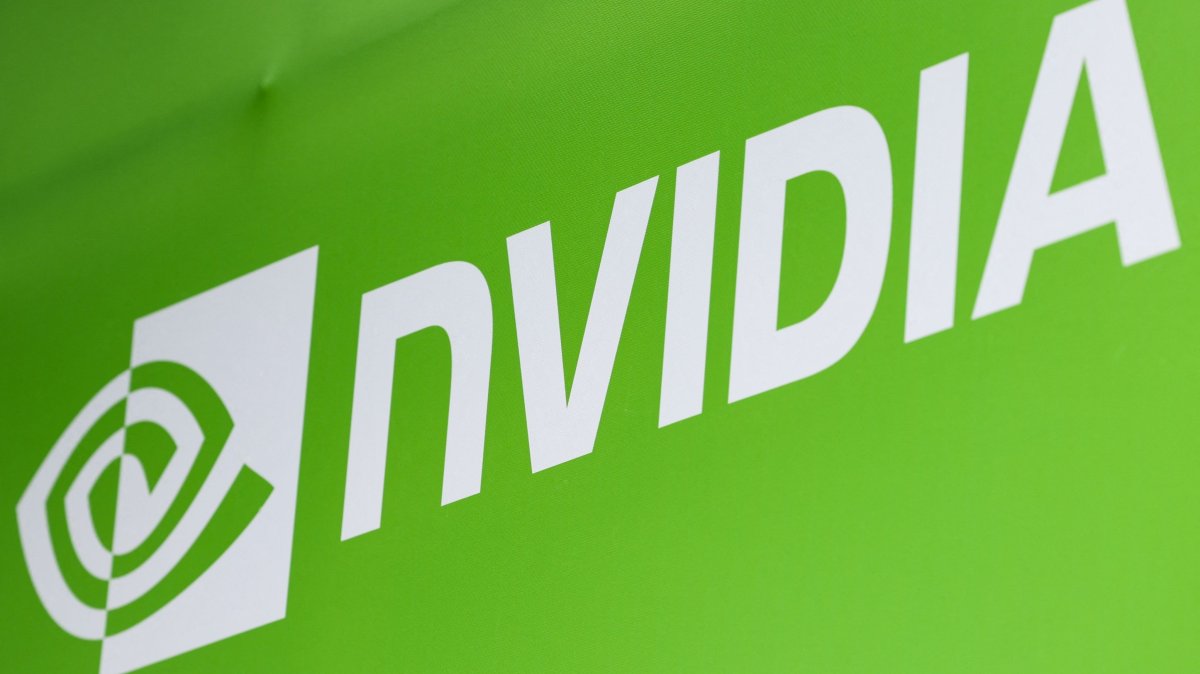
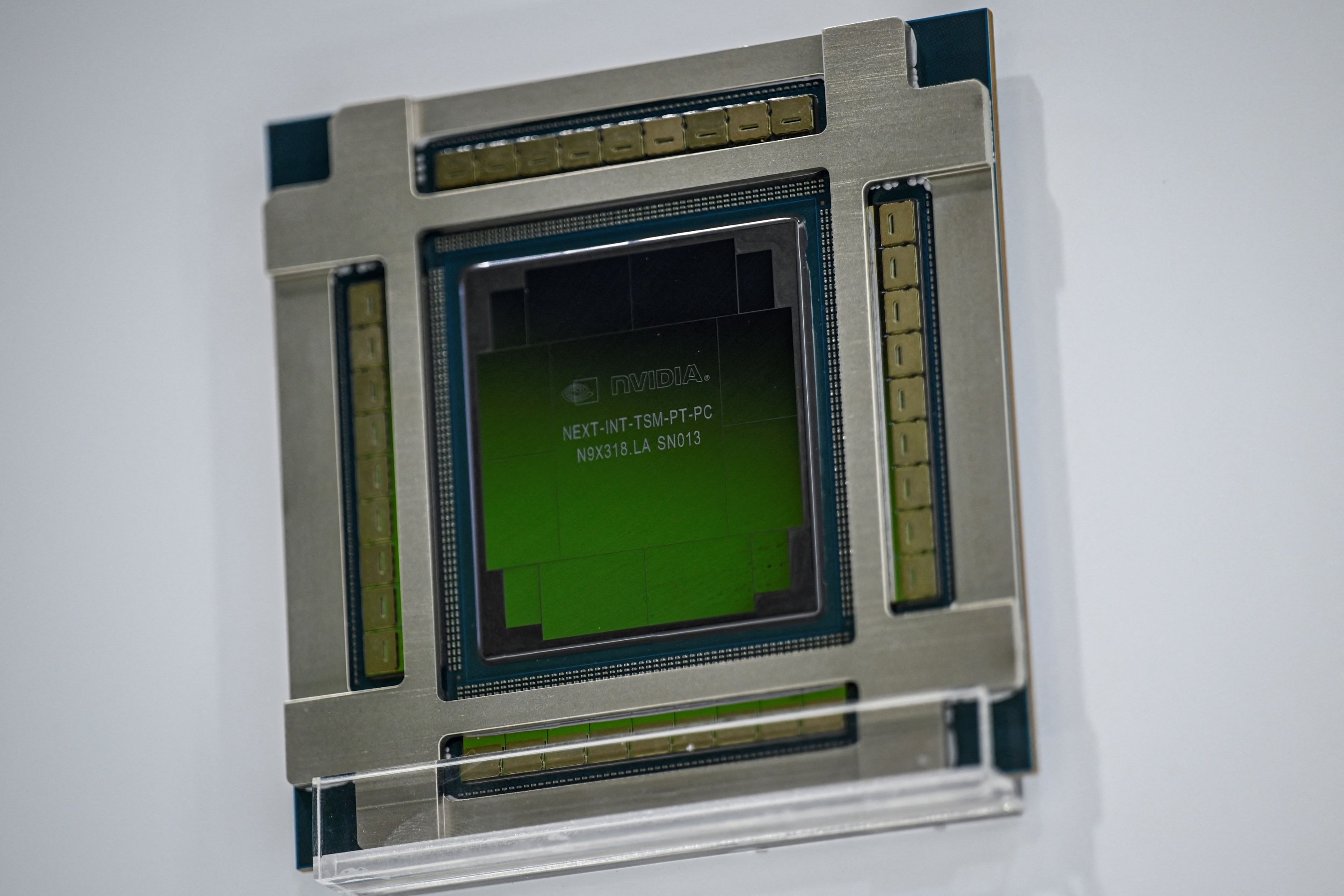









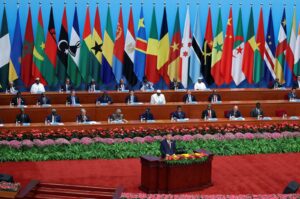

























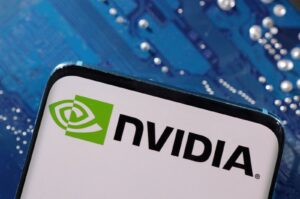






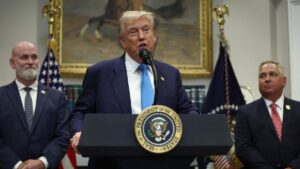




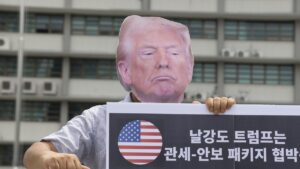


Be First to Comment